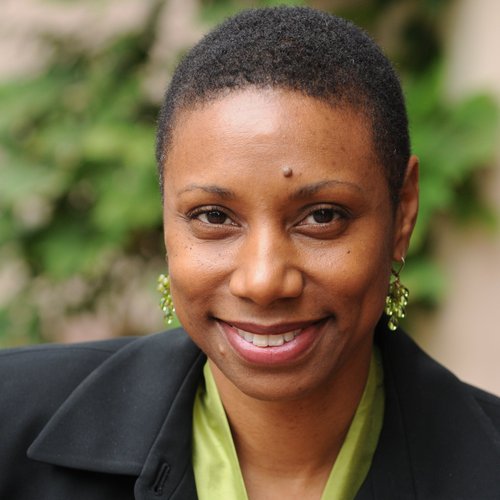
ATP-Bio proudly congratulates Rhonda Franklin on being named recipient of the 2026 Rudolf Henning Distinguished Mentoring Award. Honing the legacy of Rudolf Henning,
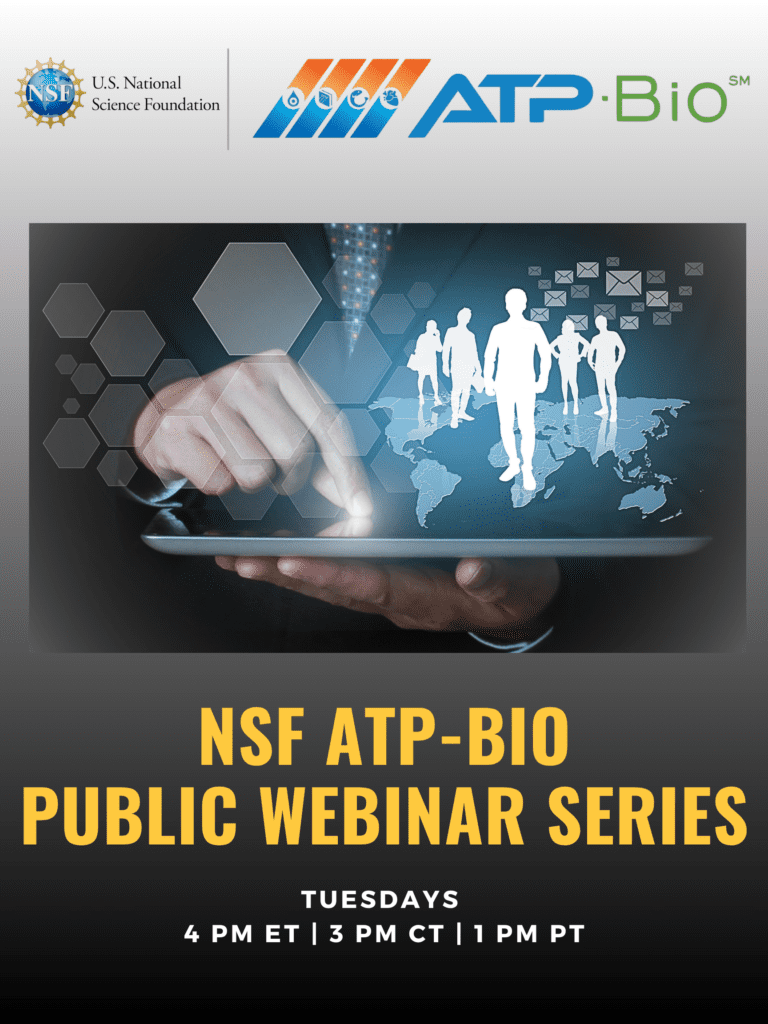
The newest installment of the NSF ATP‑Bio Public Webinar Series is now available to view online on YouTube. Webinar Date: Tuesday February 17,

ATP-Bio MOOC Trainee Videos Now Available on YouTube We are excited to share that the ATP-Bio MOOC Trainee Videos are now publicly available
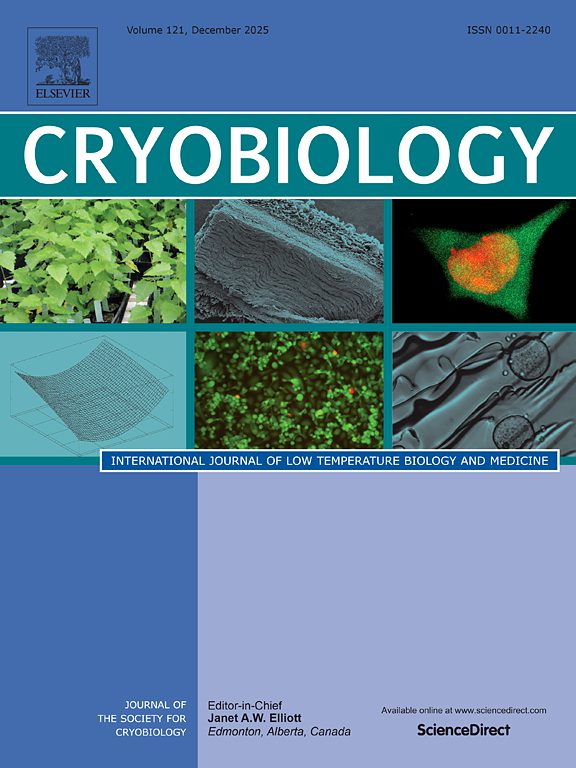
We are pleased to announce a new ATP-Bio publication in Cryobiology Need for harmonized terminology in cryopreservation to support reproducibility, regulation, and translation
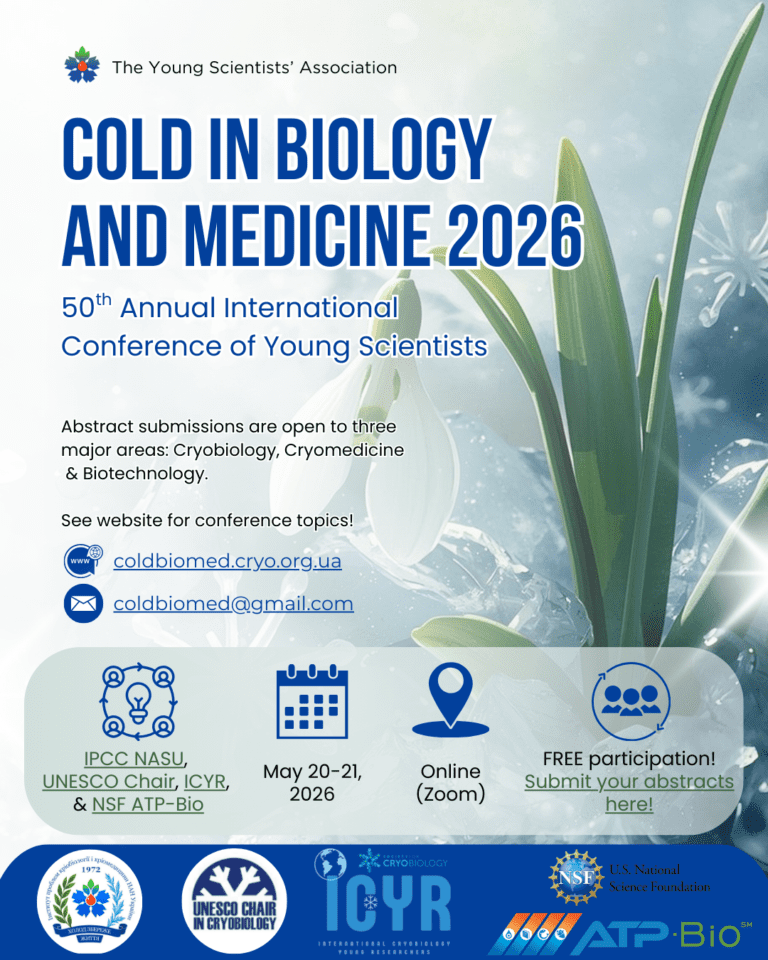
50th Annual International Conference of Young Scientists COLD IN BIOLOGY & MEDICINE 2026 May 20-21th, 202611:00 a.m. Kyiv / 4:00 a.m. ET /

The newest installment of the NSF ATP‑Bio Public Webinar Series is now available to view online on YouTube. Webinar Date: Tuesday February 3,

A new collection of educational case studies on research ethics is now available through the Online Ethics Center for Engineering & Science (OEC),
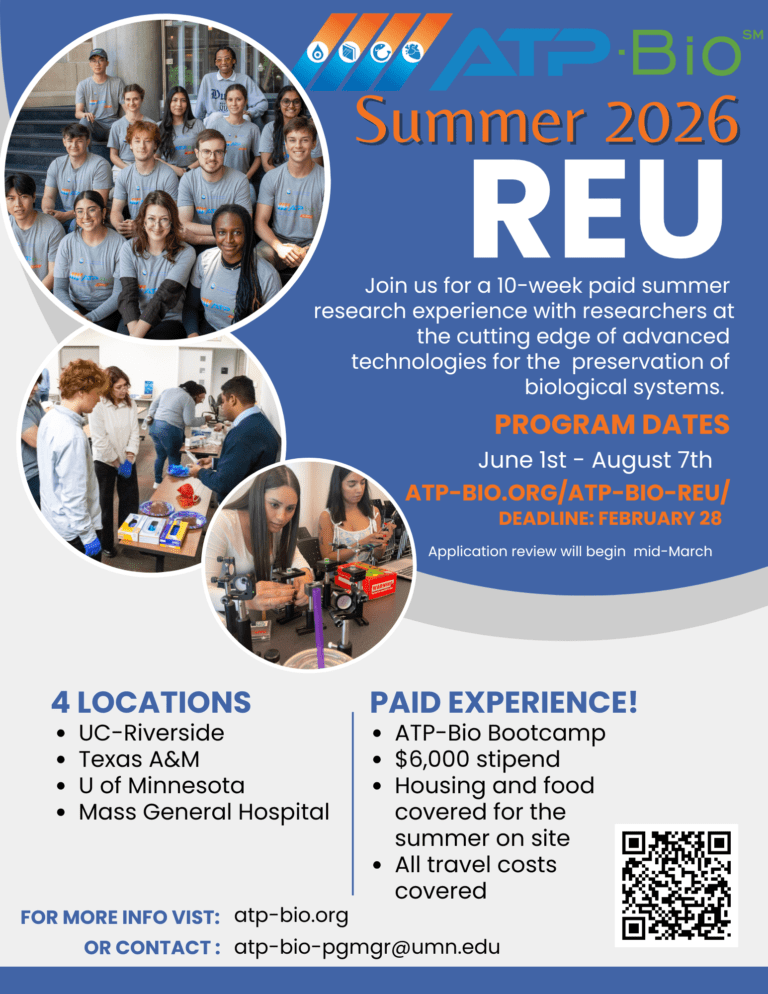
The NSF ATP-Bio REU is a 10-week research internship targeting STEM students nationwide, including community college students, who have not participated in prior

We are thrilled to welcome MiTeGen to the NSF ATP-Bio Industrial Advisory Board (IAB)! Founded in 2004 by Dr. Robert Thorne, MiTeGen began as

NSF ATP-Bio is proud to share that Dr. Rhonda Franklin has been named an IEEE Fellow, recognizing her outstanding leadership in microwave engineering
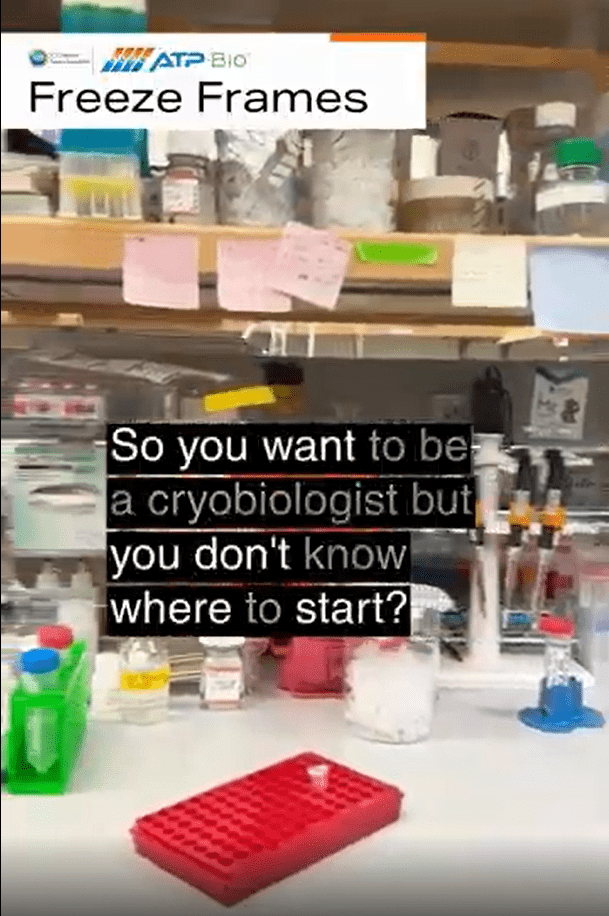
https://www.youtube.com/shorts/ft-lTAMh0g8#cryobiologist #cryopreservation #biopreservation #engineering #STEM From engineers to physicists, chemists to computer scientists, and even medical researchers, cryobiology is one of the most
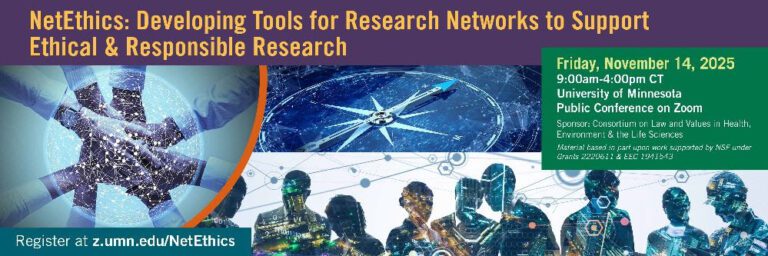
NetEthics Conference Recordings Recordings from the NetEthics Conference on the ethics of big team science in research networks are now available on the
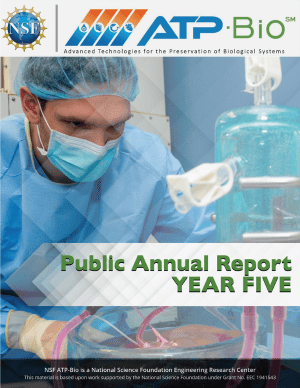
The National Science Foundation Engineering Research Center for Advanced Technologies for the Preservation of Biological Systems (ATP-Bio) has released its Year 5 Public

Did you know some animals can freeze… and still stay alive? Yep — their hearts stop beating, but they don’t die! Welcome to
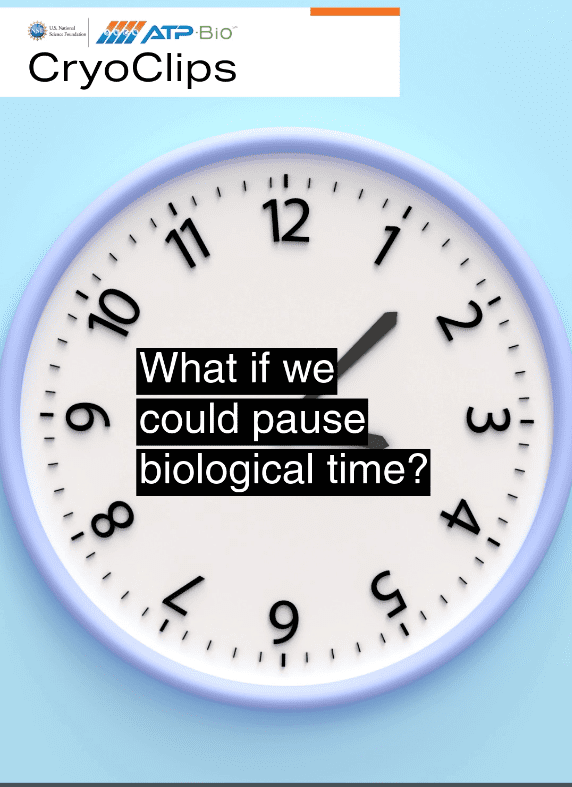
Scientists are developing new ways to “pause” biological time using cutting-edge biopreservation techniques like supercooling and vitrification. These methods could greatly extend how

Organoids are tiny, lab-grown versions of human organs that help scientists study how our bodies work and develop new medicines. With more support
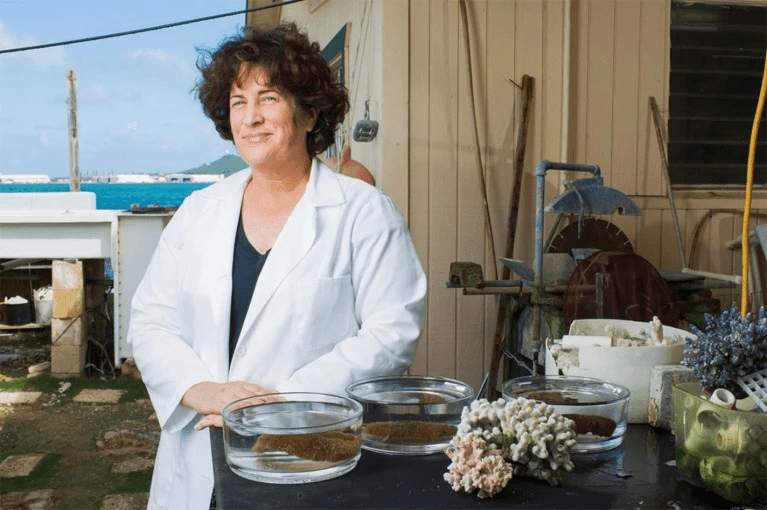
A new Nature feature spotlights Smithsonian cryobiologist Mary Hagedorn and her bold vision for a lunar biorepository, alongside insights from NSF ATP-Bio leaders
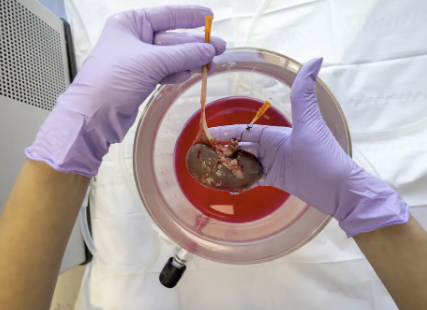
In a historic milestone for transplant medicine and organ preservation, researchers from the Center for Advanced Technologies for the Preservation of Biological Systems
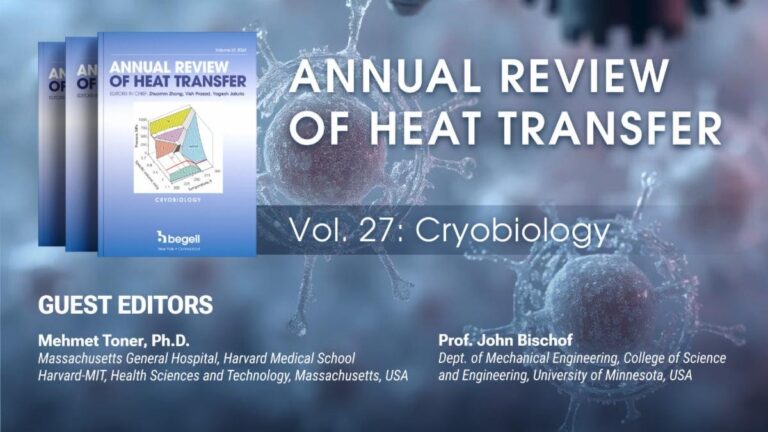
An Invitation-Only Publication Featuring Leading Experts in Heat Transfer and Thermal Engineering Cryopreservation is entering a new era, driven by new heat transfer-based
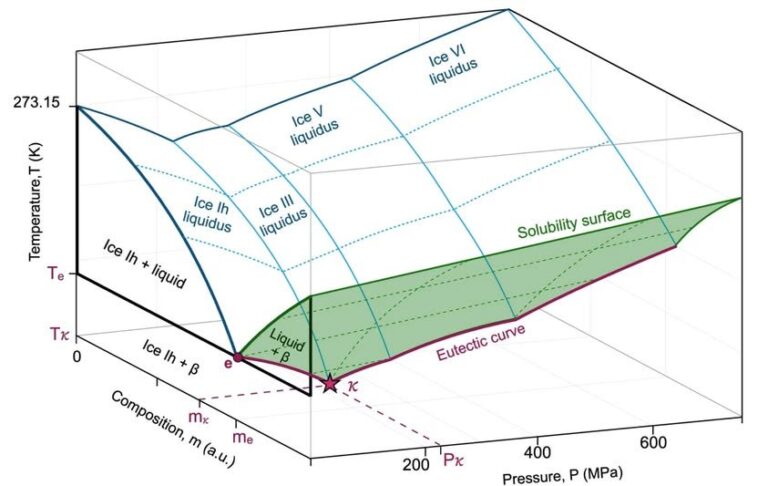
Exciting Research Published in Nature Communications! ATP-Bio is thrilled to share the new publication, “On the equilibrium limit of liquid stability in pressurized
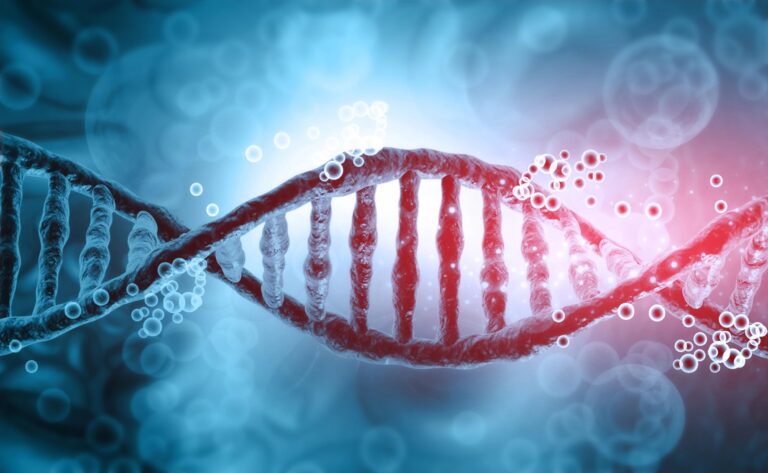
Latest Issue | Journal of Law, Medicine & Ethics | Cambridge Core The huge opportunities and ethical challenges related to ATP-Bio’s ongoing research
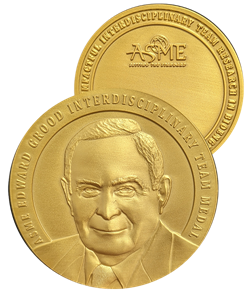
ATP-Bio has been selected to received ASME’s 2025 Edward Grood Interdisciplinary Team Science Medal in Bioengineering “for innovative approaches in biopreservation technologies that
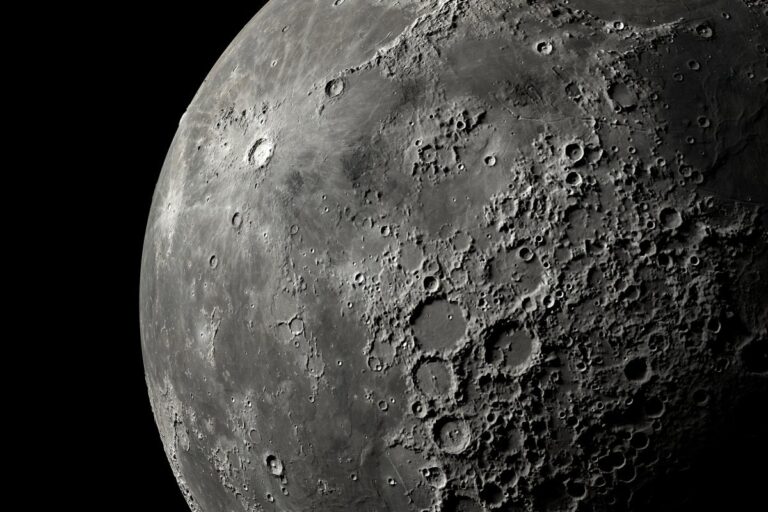
Researchers at the University of Minnesota are partnering with scientists across the country to propose a plan that could safeguard Earth’s endangered biodiversity

Congratulations to ATP-Bio’s Director, Dr. John Bischof, on being awarded the Heat Transfer Memorial Award in Science from ASME (American Society of Mechanical
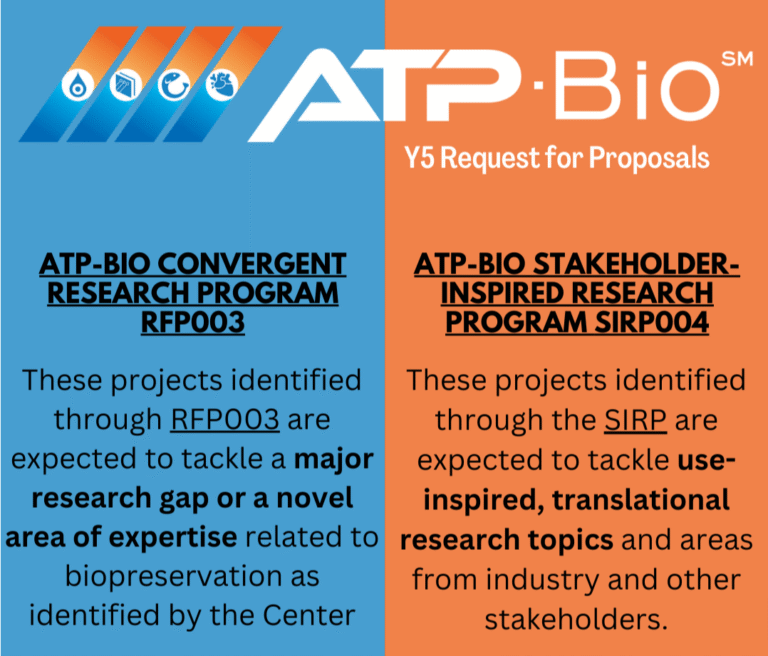
Greetings ATP-Bio Community & Member Partners! The Convergent Research (CR) and Innovation Ecosystem (IE) Pillars are pleased to announce the ATP-Bio Request for Proposals (RFP/SIRP) released in April 2024 attracted a
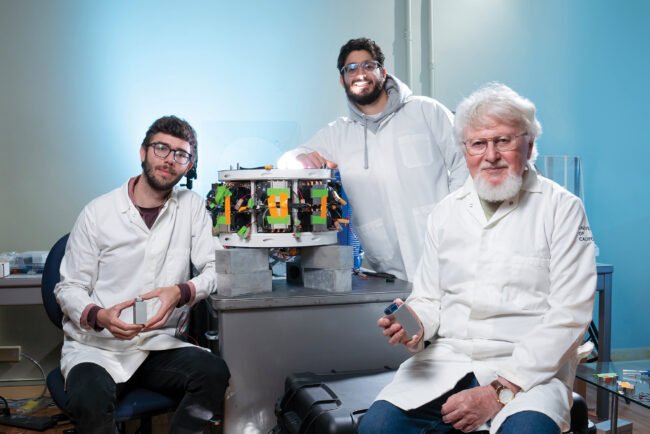
How isochoric preservation can protect food, organs — and even the planet “If you want to keep something forever, you need to store

Endangered species are dying out on Earth. Could they be saved in outer space? CBSNEWS.COM “Plants and animals are dying off at an

Dr. Boris Rubinsky, our Thrust Area 2 Co-Lead and Professor at UC Berkeley, was named a 2023 fellow of the National Academy of
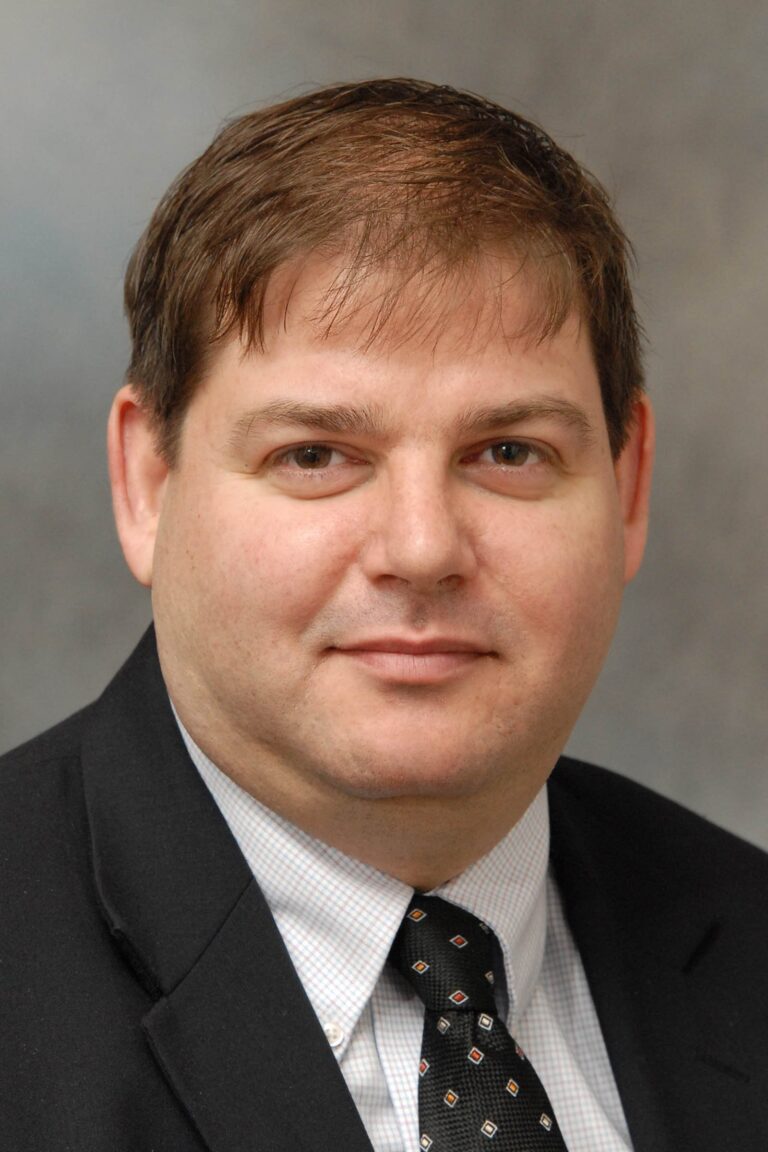
Dr. Erik Finger is the recipient of the Eunice L. Dwan Chair for Diabetes Research Award and will be honored at a reception

Congratulations to ATP-Bio Director John Bischof and his research team for the New York Times shout out on his groundbreaking research! University of

Women in Microwaves: Rhonda Franklin Professor Rhonda Franklin was one of only six African-Americans graduating with engineering PhDs in the U.S. in 1995!

2023 David Sutherland Award goes to Dr. Joseph Sushil Rao Dr. Joseph Sushil Rao is the inaugural recipient of the David Sutherland Distinguished

Transfusion of red blood cells (RBCs) is one of the most valuable and widespread treatments in modern medicine Lifesaving RBC transfusions are facilitated

The success in freezing and thawing kidneys transplanted in rats could one day improve human organ transplants. Scientists at the University of Minnesota

Researchers perform first successful transplant of functional cryopreserved rat kidney In a groundbreaking new study, engineers and medical researchers at the University of
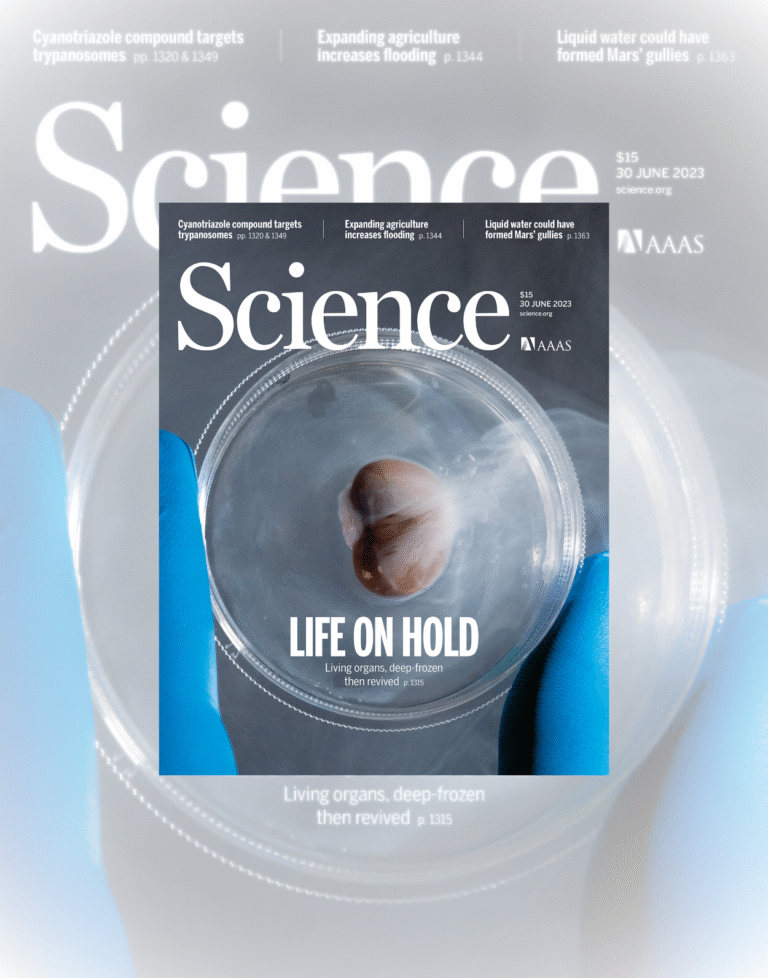
Scientists are learning how to cryopreserve living tissues, organs, and even whole organisms, then bring them back to life Scientists are learning how

a ‘historic’ step that could someday transform transplant medicine It’s the first time scientists have shown it’s possible to successfully and repeatedly transplant

Scientists are learning how to cryopreserve living tissues, organs, and even whole organisms, then bring them back to life The rat kidney on

The 2023 Fung Institute MEng Capstone Innovation Award is awarded to the MEng capstone team who has most effectively demonstrated: a) the relevance of the problem

Partial freezing of rat livers extends preservation time by 5-fold The need for transplantation is growing steadily while the supply of donor organs

Professor Bethanie Stadler invented microscopic nanowires that can be rapidly heated for use in nanoelectronics and potentially help make cryogenically-preserved organs available for

“This week, U.S. Senators Amy Klobuchar and Tina Smith (D-Minn.) announced that the National Science Foundation (NSF) awarded the University of Minnesota Institute for Engineering
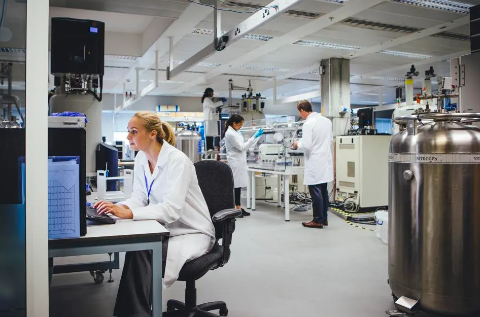
The National Science Foundation has announced awards totaling $104 million to create four new Engineering Research Centers (ERCs). The new centers, each with
XThe accessibility of our website is taken very seriously. We strive to meet WCAG 2.1 AA Web Accessibility standards by routinely evaluating our website using automated evaluation tools and manual testing when required. As content changes we review and correct issues and are responsive to our users needs. If you encounter issues with our website, please report them so they may be corrected in a timely manner.